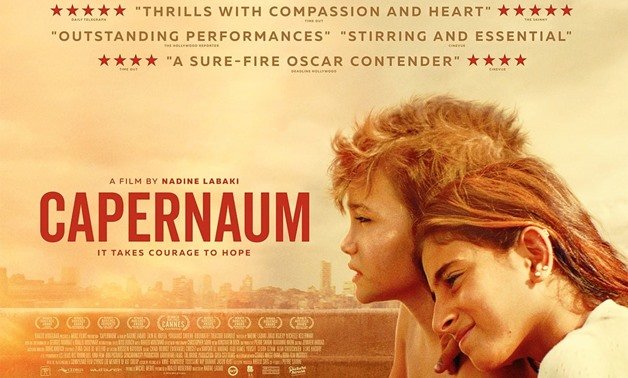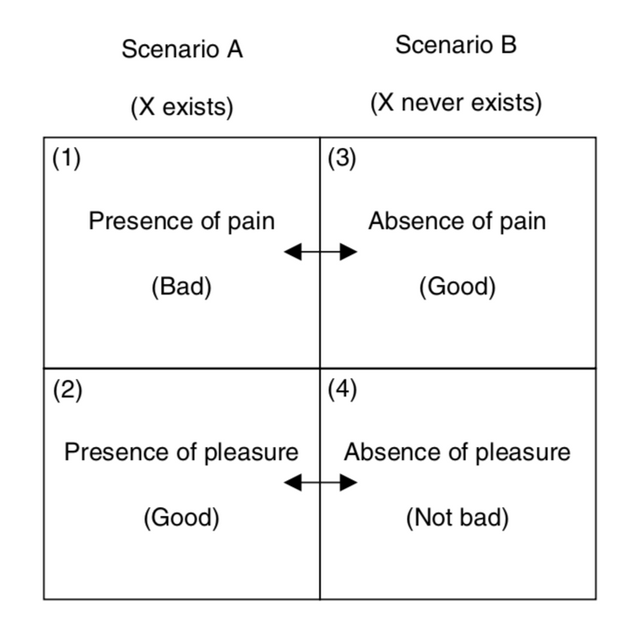
My intrigue into the arguments for parents needing to have a license to have children was first peaked upon seeing a short paper summarizing the thoughts on this topic by Hugh LaFollete. It was then further driven by the phenomenon of babies being brought into the world on a rapid scale in my current country of residence, China. And reinforced further by a recent film that I watched named Capernaum, which acted as a nice visual representation on why anti-natalism is not a position that should be dismissed merely because it destroys our romantic picture of having our own children.
In this short piece, I hope to briefly introduce each of these various areas in the hope that readers will look into each of them individually. I will start with the societal pressure for Chinese citizens to have children, even if they have no desire to take responsibility for them or provide the necessary emotional support and guidance.
Next, a look into the film, Capernaum, and how it shows the harsh realities of having children arbitrarily, this will feed into a brief look at the arguments for anti-natalism before going into how an alternative method of ensuring responsible birthing and child rearing on the back of the aforementioned social phenomena(China) and poor environment for children (Capernaum), is taking seriously the arguments for needing a license to have children.
Having now taught in China for close to three years, I have found many things to be both amazing and yet disturbing at the same time. The difference in culture within both the professional and personal sphere, has been hard to completely adapt to. One of these has been the culture of child birthing and rearing. The amount of toddlers walking around or relaxing in their strollers, has really lessened the event of having a child, and yet, the very point of many of these Chinese nationals existence is to simply get married as soon as possible, and propagate.
Prospective parents seem to be driven towards having children more out of a sense of national duty, and to appease parents and others in their social and professional circles. The following video gives an amusing comparison between Western and Chinese couples, which is made all the more funny due to how accurate it is. I suggest forwarding to the 5 minute and 20 second mark on the section of having a baby.
This is not unusual, parents are often the ones tasked with looking after the children of married couples in China, and the life of the typical Chinese child is nothing more than a life lived for school, more school, extra school and mountains of homework. This might even lead to a secondary existential argument on weather a life lived for work, is a life worth living at all, but that's an argument for another day. The point is to point out the harm of arbitrarily bringing a child into existence simply to appease family and peers or selfish desires without considering what is really best for the child/potential conscious agent.
Anti-Natalism

This same sentiment of national and familial duty runs as a theme in the film Capernaum, a film about a young boy named Zain, born to a poor family who must somehow look after several siblings without security of food or water, medical, identity or even job security on the part of their parents. Zain's resentment towards his parents is definitely justified, as his, along with his many sibling's existence is nothing but a constant struggle filled with agony and strife. Zain's plea towards the end of the of the film for his parents to not bring another child into the world if they can't look after it, a plea he makes to all parents, is well summarized in the asymmetry of the harms of coming into existence as laid out by South African philosopher, David Benetar.
Anti-Natalism is the philosophical position that assigns a negative value to birth. Anti-natalists, like Benetar, argue that it is immoral to procreate, as it is giving consciousness to an agent who must then suffer through the difficulties of life. This idea goes as far back as Hindu and Buddhist traditions, who would still argue against the entering of the karmic cycle, even if one does have a good life. While the full arguments won't be given here, I suggest listening to a this podcast he did with Sam Harris to get a better understanding of his position.

Licensing For Parents
So what could be an alternative solution to going against our natural drive to propagate the species, perhaps the solution lies in considering the fact that parents should earn the right to have kids by proving themselves financially and morally stable and responsible. As above, these will not be fleshed out entirely, but rather summarized to also spark an interest in the topic for the purpose of further investigation.
Hugh LaFollete argues that certain activities cannot be performed by individuals unless they they have satisfied certain licensing requirements. But why is this? Well, certain activities, if performed by less than competent people, may result in harm to that person and the society at large. He makes the example that people wanting to drive cars, use a gun or practice medicine etc. are required to demonstrate a level of competency in order to prove they can practice these activities responsibly.
LaFollete argues that child rearing is similar in this regard, and should require potential parents to demonstrate their competency to raise a child. He argues that parenting does satisfy the criteria that warrants licensing. These include:
Parenting is an activity potentially very harmful to children.
A parent must be competent if he is to avoid harming his children; even greater competence is required if he is to do the "job" well.
I think these are good enough springboards for further conversations regarding anti-natalism and parent licensing. While no doubt controversial, the positions should be considered in light of the arguments, and not solely on our personal feelings regarding children.